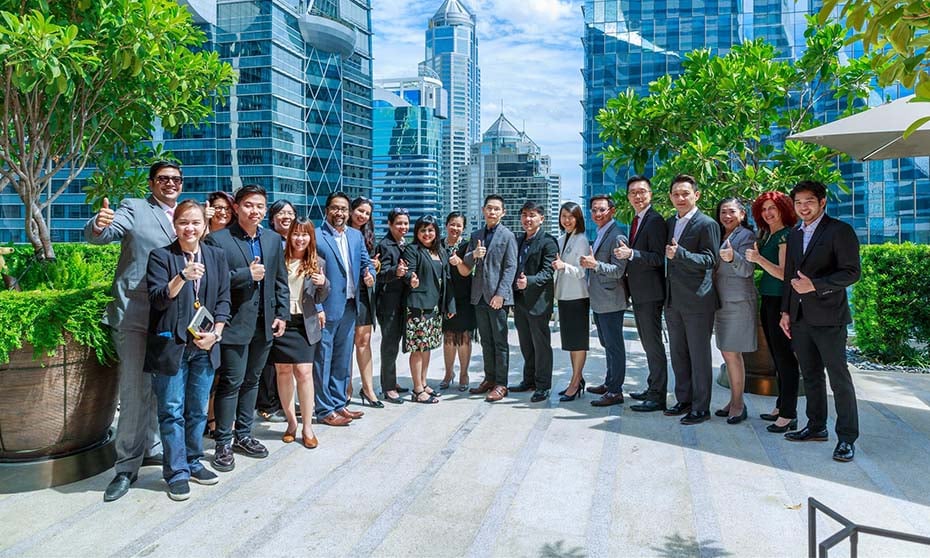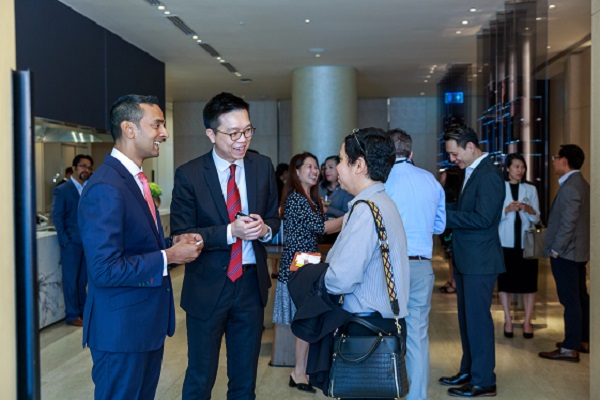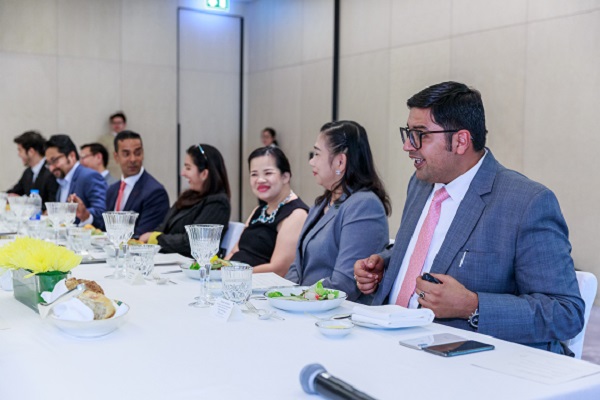
Top HR leaders discuss the challenges of implementing organisational change

Despite their best efforts, some organisations are still failing to reap the full benefits of digital transformation initiatives.
Vikrant Khanna, Director, Asia Lead – HR Transformation and Change Management at Alight Solutions and Thailand’s top HR leaders discussed possible reasons why at an exclusive roundtable event at the luxurious Park Hyatt Bangkok.
According to Alight’s recent APAC State of HR Transformation study, one of the top challenges around implementing successful change was how leaders frequently “confuse digital transformation with just technology”.

“The organisations that were successfully transforming had looked at it in two parts,” Khanna said. “There was the hardware and software aspects.
“Hardware, of course, is the technology. Software was around adoption and thinking through what behavioural changes were needed to use the tech better.”
Alight has been tracking technology satisfaction across the APAC market for the past three years. Khanna shared that even as organisations increased their tech adoption, instead of seeing satisfaction improve, more were reporting a dissatisfaction.

He added that through conversations with industry leaders and market observation, his team found that organisation size rarely defined their degree of success either.
“[Successful] organisations were the ones that have already reduced HR’s transactional burden to a very well-defined operating model,” he said. “Also, organisations that have complemented HR’s operating model with the right technology.”
The team found that organisations that had successfully driven productivity were the ones which managed to align their operating model with HR’s purpose, in addition to using the “right technology” to meet those ends.
These organisations were typically outcome-driven and five times more confident in their HR leaders’ ability for program design as well as execution.
However, Khanna acknowledged that this wasn’t always the case in companies.
“One of the most shocking amongst our observations was that many organisations still don’t have HR at the decision table – HR aren’t driving decisions around what technology to use,” he said. “It was still being passed on to IT.”

This is a critical challenge that needs to be overcome especially in today’s market, he added, as the HR tech scene becomes increasingly “overcrowded”. There are plenty of HR tech start-ups as well as global players entering APAC, which could lead to “confusion” and the fallible “me too” behaviour – where firms exclaim, “if XYZ is using this tech, we should use it too”.
“What people forget is that technology decisions should be more inside-out – you have to find tech that will solve your problems,” he said.
“We all want to be agile but we’re operating in a market where many in our fraternity are not at the decision table. We’re focusing too much on technology and not on behaviour change. And there is just a lot of choice out there.”